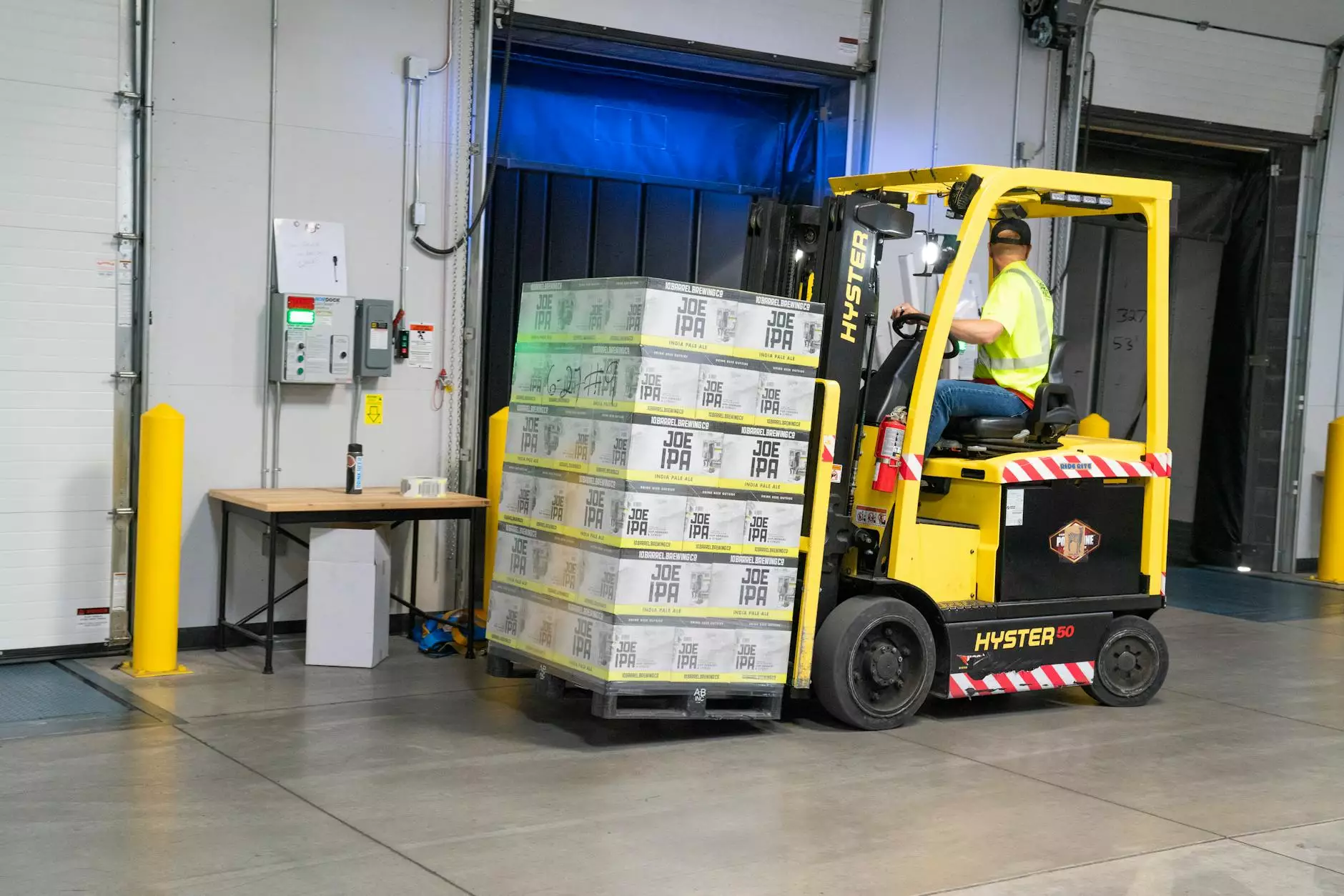Maximizing Efficiency with an Asphalt Production Plant

Asphalt production plants have become essential components in modern construction and infrastructure projects. This detailed guide explores the various aspects of asphalt production, the technologies involved, and the significant benefits of investing in a high-quality asphalt production plant.
The Importance of Asphalt in Construction
Asphalt is a crucial material in the construction industry, known for its durability, flexibility, and cost-effectiveness. Here are some reasons why asphalt is preferred:
- Durability: Asphalt pavements can withstand heavy traffic loads and last for decades when properly maintained.
- Cost-Effectiveness: Compared to other paving materials, asphalt offers an economical solution, especially when considering its longevity.
- Flexibility: Asphalt can easily accommodate the expansion and contraction due to temperature changes, making it ideal for various climate conditions.
- Recyclability: Used asphalt can be recycled and reused, promoting sustainable construction practices.
Understanding the Asphalt Production Process
The production of asphalt is a technical process that requires precision and expertise. The main steps involved in this process include:
1. Aggregates Preparation
Aggregates are the foundation of any asphalt mix. Properly selecting and preparing aggregates is critical to producing high-quality asphalt. This includes:
- Choosing the right type and size of aggregates.
- Properly washing aggregates to remove dust and debris.
- Heating aggregates to enhance their binding properties with asphalt.
2. Asphalt Binder Selection
A high-quality binder is essential for achieving the desired properties in the asphalt mix. Different types of asphalt binders, such as hot mix asphalt, warm mix asphalt, and cold mix asphalt, provide varying benefits:
- Hot Mix Asphalt: Ideal for high-traffic areas and provides excellent performance.
- Warm Mix Asphalt: Lowers emissions and can be produced at lower temperatures.
- Cold Mix Asphalt: Perfect for temporary repairs and can be applied in cool conditions.
3. Mixing Process
In this phase, aggregates and asphalt binder are mixed in specified proportions. The mixing process can take place in different types of asphalt production plants, such as:
- Batch Mix Plants: Produce asphalt in batches, allowing for high customization.
- Continuous Mix Plants: Provide a steady stream of asphalt, suitable for large-scale projects.
4. Quality Control and Testing
Quality control is vital to ensure the asphalt produced meets industry standards. Regular testing should include:
- Viscosity testing of the asphalt binder.
- Gradation testing of aggregates.
- Temperature checks during production and application.
Key Features of a Modern Asphalt Production Plant
Modern asphalt production plants come equipped with advanced technologies that enhance efficiency and reduce environmental impact. Some of the key features include:
- Automation: Enhances precision and reduces labor costs during the production process.
- Energy Efficiency: New technologies reduce energy consumption, leading to cost savings.
- Emissions Control: Improved designs lower emissions, adhering to environmental regulations.
- Modular Design: Allows for easy scalability and transportation to different job sites.
Benefits of Investing in a High-Quality Asphalt Production Plant
Investing in a high-quality asphalt production plant offers numerous benefits, including:
1. Increased Production Capacity
With advanced machinery, a modern plant can produce larger quantities of asphalt in less time, ensuring that projects are completed more efficiently.
2. Enhanced Quality of Asphalt
High-quality plants incorporate state-of-the-art technology, enabling the production of asphalt that meets stringent quality standards and performs better over time.
3. Cost Savings
While the initial investment may be significant, the long-term savings derived from reduced material waste, lower energy consumption, and decreased maintenance costs can lead to substantial financial benefits.
4. Improved Environmental Sustainability
Modern asphalt plants are designed with eco-friendly practices that minimize waste and energy use, supporting sustainable construction efforts.
Innovations in Asphalt Production Technology
The asphalt production industry is continually evolving, with new technologies shaping the future. Key innovations expanding the capabilities of asphalt production include:
- Recycling Technologies: Increased use of recycled asphalt pavement (RAP) in new mixes, reducing the reliance on virgin materials.
- Warm Mix Asphalt (WMA): Technology that allows for production and placement at lower temperatures, reducing energy consumption and emissions.
- Smart Sensors: Real-time monitoring of production parameters, ensuring that processes remain efficient and compliant with standards.
Choosing the Right Asphalt Production Plant
When considering an investment in an asphalt production plant, key factors to evaluate include:
- Production Capacity: Determine the expected output needs based on your project requirements.
- Technology: Opt for plants that incorporate the latest advancements for efficiency and sustainability.
- Reputation of the Manufacturer: Research manufacturers known for quality and reliability in the industry.
- Support and Service: Ensure that the manufacturer provides ongoing support and maintenance services.
Conclusion
In conclusion, an asphalt production plant is vital for any construction business looking to enhance its operational efficiency and product quality. With careful consideration of the production process, modern technology, and the multiple advantages of investing in a state-of-the-art plant, construction firms can lead the way in delivering superior asphalt solutions for a sustainable future. By adopting innovative practices and utilizing high-quality equipment, businesses can ultimately set themselves apart in the competitive transportation and infrastructure landscape.
For more information on purchasing or upgrading your asphalt production plant, visit polygonmach.com.









